Superworms that convert plastic into organic matter, an earring that monitors diabetes, and an alternative to Styrofoam made of durian fruit.
These are three of the 100 ideas being showcased in Global Grad Show, billed as the world’s most diverse gathering of graduate design projects that provide solutions to social and environmental issues.
This year, the ideas were selected from 1,600 submissions from 270 universities in 60 countries. Held in Dubai, the show is an interactive annual exhibition, which has gone virtual for its sixth year.
“The diversity of the community of young talented researchers we bring together at Global Grad Show has many facets,” says Tadeu Baldani Caravieri, director of Global Grad Show. “They do have, however, a reassuring common denominator: they investigate problems, social and environmental, that matter for everyone.”
Selected students will be invited to take part in an entrepreneurship program, a $2.7 million fund designed to accelerate the development of their projects into reality.
Here are some of the most intriguing of this year’s submissions.
A power cut-proof incubator
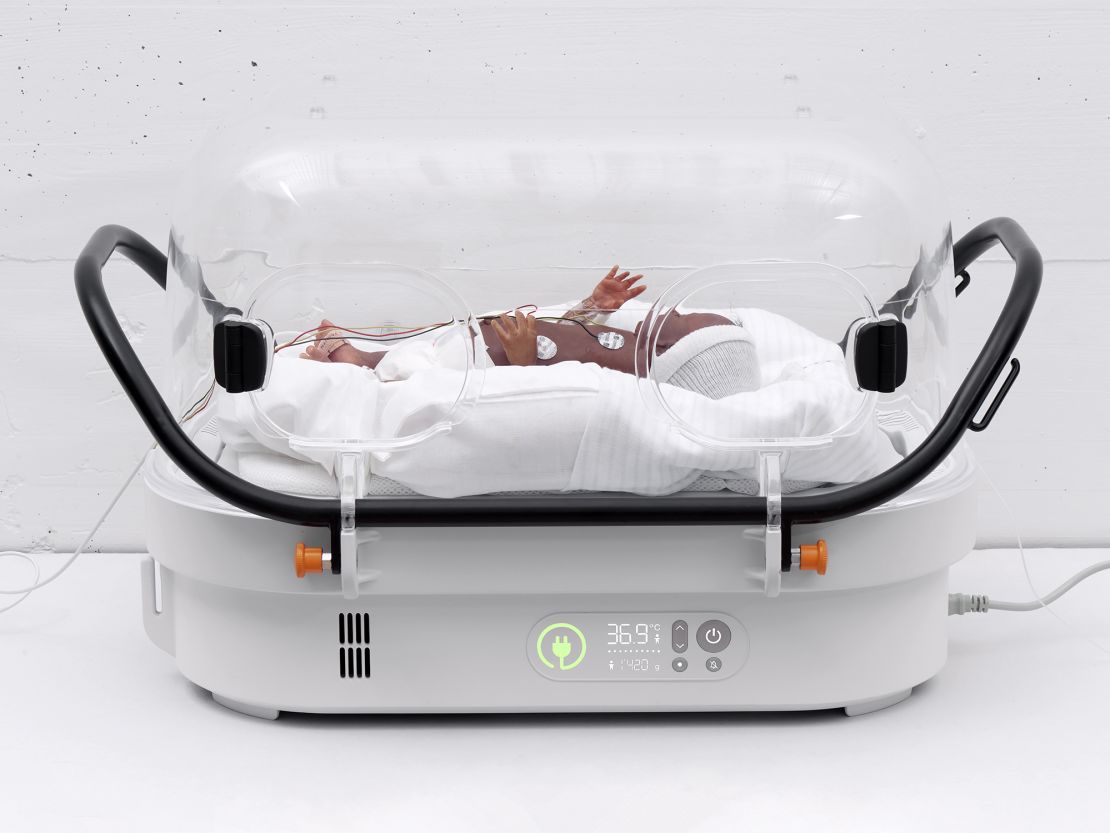
According to UNICEF, a child is most vulnerable in the first 28 days of its life and newborns with a low birth weight can be prone to hypothermia.
Developed by Fabien Roy, a student at Swiss university ECAL, in collaboration with Swiss research center EPFL, “Robust Nest” is an incubator designed for newborns in sub-Saharan Africa.
It can withstand frequent power cuts by using a heat-storing battery and is robust enough to allow patients in remote areas to be transported by road vehicles.
A pillow that forces you to take a break from social media
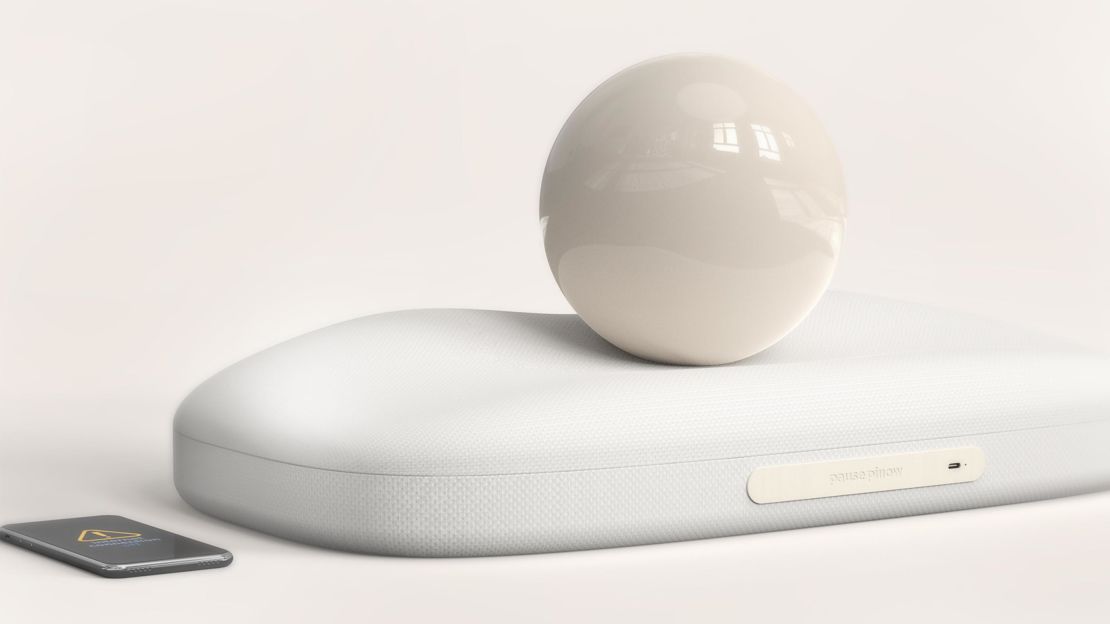
According to World Sleep Day, the health of up to 45% of the world’s population is threatened by sleep deprivation. A study on UK teenagers found that one reason for poor slumber is people spending more time on social media and constantly checking their phone.
To force people off their phones, Wonmo Yoo and HyunYeol Shin, two students attending Samsung Art and Design Institute (SADI) in South Korea, invented Pause Pillow.
When a person lies on the pillow, a sensor is pressed which sends out a signal to disrupt nearby Wi-Fi routers and block smartphones from accessing the internet.
Packaging for durian … made from durian
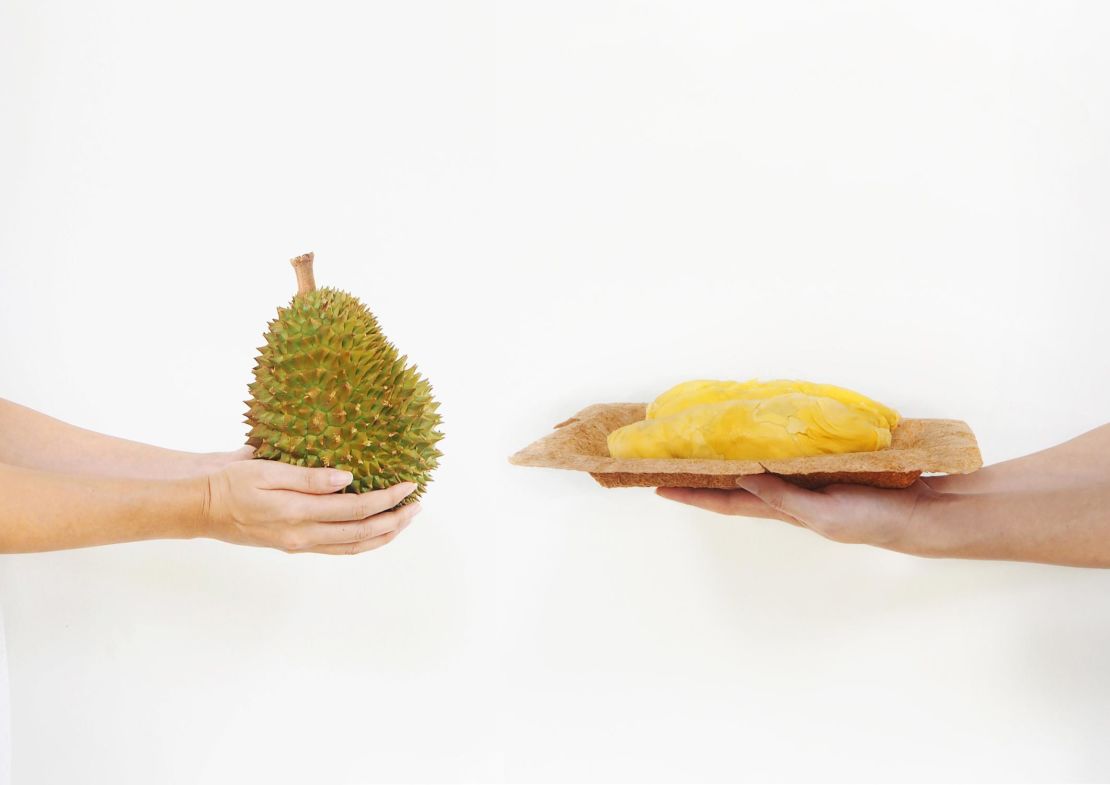
Li Ping Seah, from the National University of Singapore, is the inventor of “For Durian, By Durian.” She and her team have developed a way to extract the fiber and starch from the rinds and seeds of the famously stinky fruit to create an ecofriendly packaging.
It’s intended as an alternative to Styrofoam, which is typically used to package durian, as well as other foods.
According to the United Nations, Styrofoam containers can take up to thousands of years to decompose and contaminate soil and water, as well as posing a risk to wildlife.
An injury prevention device that looks like scales
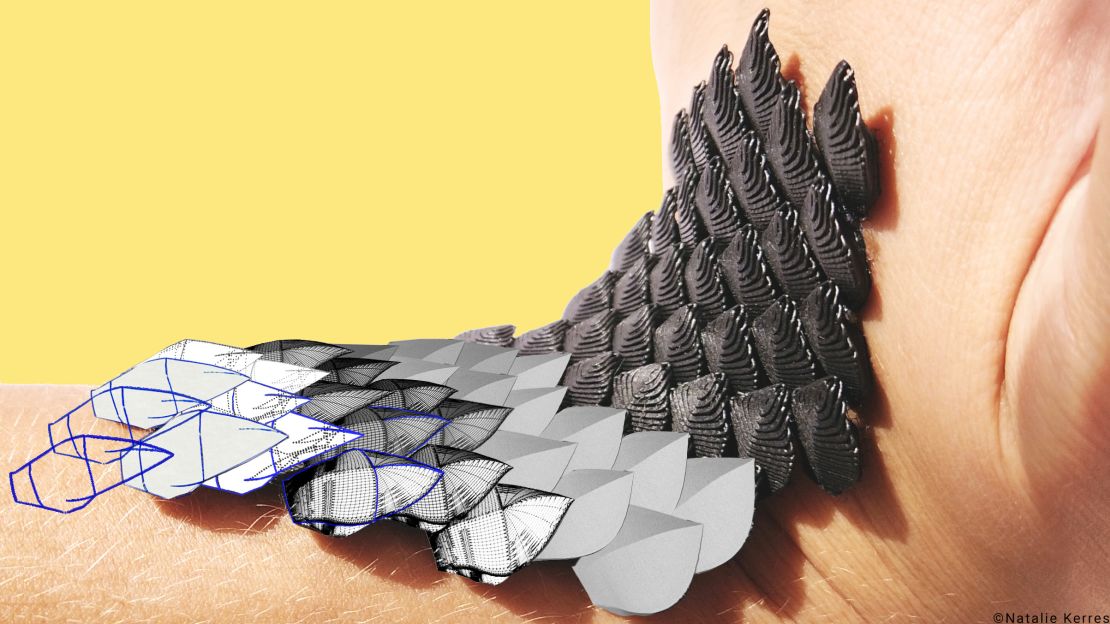
Natalie Kerres, a graduate of Imperial College London, was inspired by animals that are protected from threats by skin, shells or scales.
She designed SCALED, a wearable device that looks like interlocking scales and limits movement to prevent hyperextension joint injuries.
Kerres says she developed an algorithm so the device can be customized to the user’s specifications, and can be used for injury prevention, rehabilitation and to enhance sports performance.
A baby monitor to reduce the risk of sudden infant death syndrome
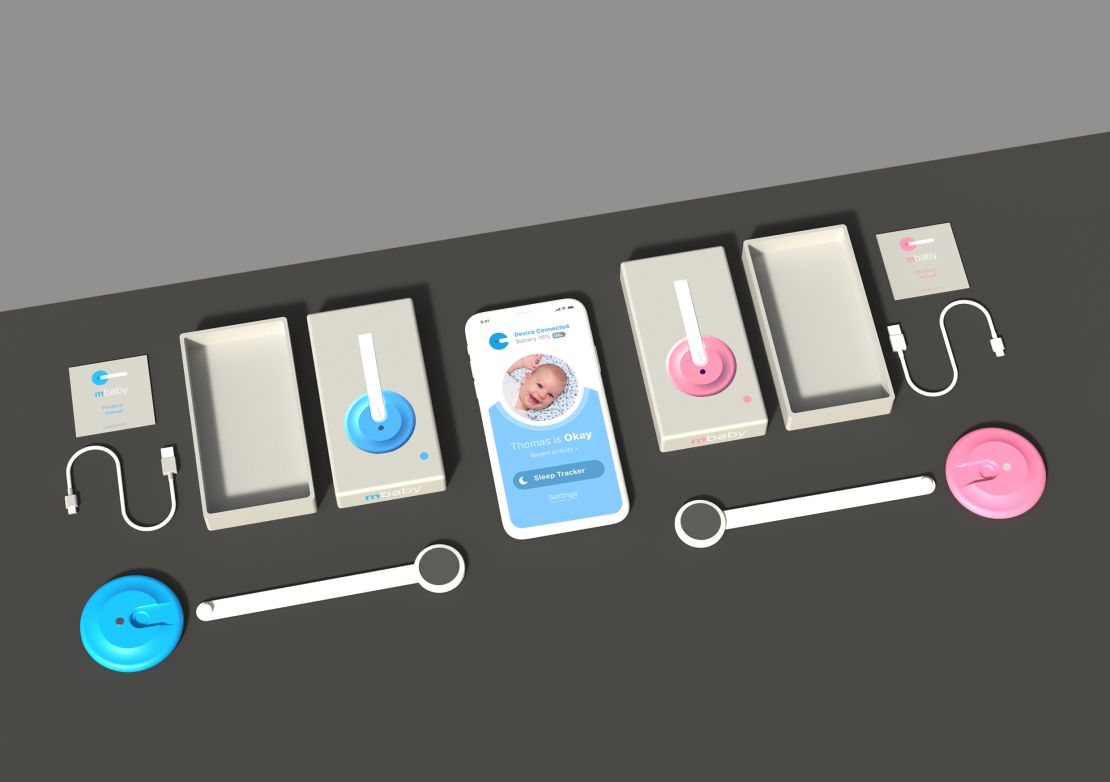
According to the Centers for Disease Control and Prevention, there are about 3,500 sudden unexpected infant deaths in the US each year. Accidental suffocation in bed is one of the most reported causes.
Jamie Eynon from Cardiff Metropolitan University, in Wales, has created mBaby Monitor – a system that monitors an infant’s orientation during sleep. The device attaches to magnets on the collar of a child’s clothes and alerts the parents if the baby rolls over.























